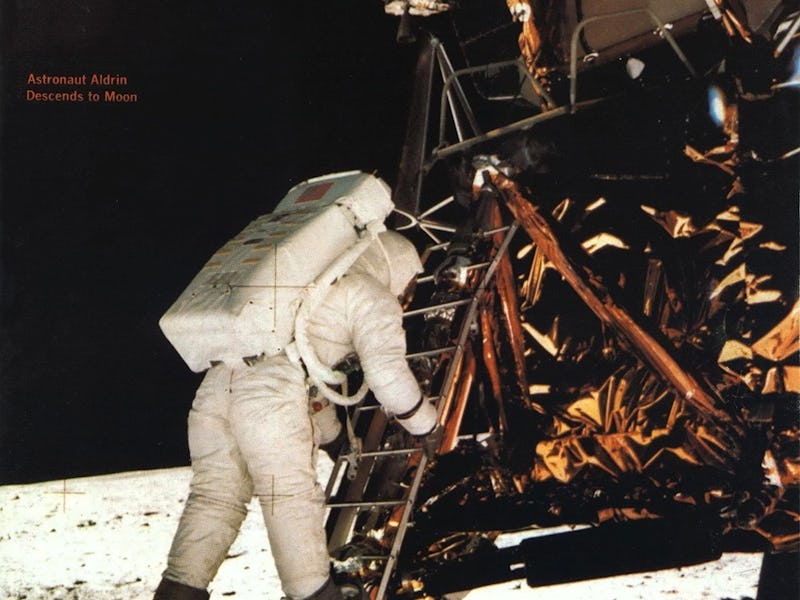Aviation Week Just Put Its Entire Archives Online for Free
Get ready to lose an afternoon.

Aviation Week turns 100 this year, so to celebrate its birthday — and being a solvent, century-old print publication in 2015 — it has put its full archives online free of charge for a full year.
That’s more than 440,000 pages worth of aviation history, so it’s a lot to digest. Just searching for “Boeing” (which supported the digitization as it reached its own 100th year) yields more than 11,000 hits worth of covers, ads, and stories. It’s a seemingly endless resource for anyone interested in tracking the first draft of aviation’s history.
Ad
“The ones that jumped out at me were a 1947 cover on Chuck Yeager breaking the sound barrier and a 1953 story on ‘Project X,’ that would be the Boeing 707, the first modern jet liner,” Editor-in-Chief Joe Anselmo tells Inverse. “There’s just all sorts of really cool stuff.
“Back in 1988 they were rolling out the B-2 bomber in California and had been trying to keep it obscured and our L.A. bureau chief at the time flew out over it to get pics. Fun stuff like that.”
For now, the collection is free, but after a year Anselmo says the archives will likely go behind the subscriber paywall, though nothing definite has been decided yet.
With literally thousands of covers to chose from, the staff at Aviation Week has picked 150 of its favorites, which readers can vote on for best cover in categories like Defense and Space.
In the late 30s, keeping track of your luggage was a miracle.
“Ironically, a lot of our best covers, I think, were the 1930s and the 1940s and that’s when they sold them off as advertisements,” Anselmo says. “They really are striking, with these gorgeous art deco designs.”
During its early years, Aviation Week sold cover space as ads.
Some of the magazine’s stories lose their punch given the perspective of decades. It seems unlikely now that supersonic flight will dominate the travel industry, but in the 1970s it seemed like the next big thing:
The digitization, free to everyone for one year, was done in partnership with Boeing.
“There’s a story in there from 1959 predicting the Russians would land a man on the moon by the end of that year,” Anselmo says. “Everyone was paranoid after Sputnik, of course. It’s a fascinating thing, reading this history with no filter.”
Aviation Week expected the Russians to beat us to the moon.
If you don’t have a search term in mind, just browsing the issues can feel like searching through the digital needle in the pixelated haystack, but there’s much worse ways to spend an hour browsing the internet.